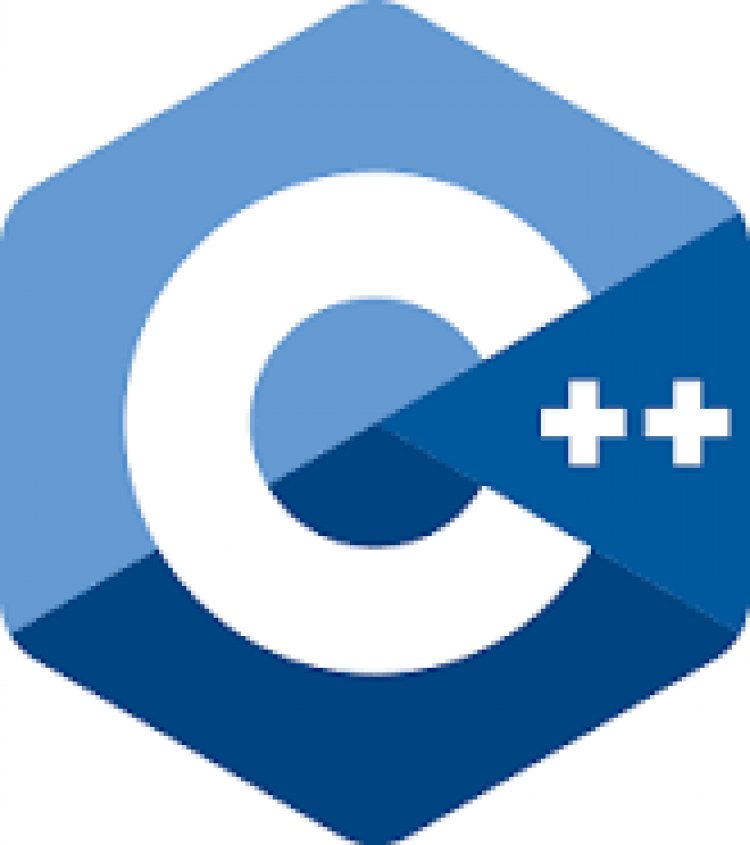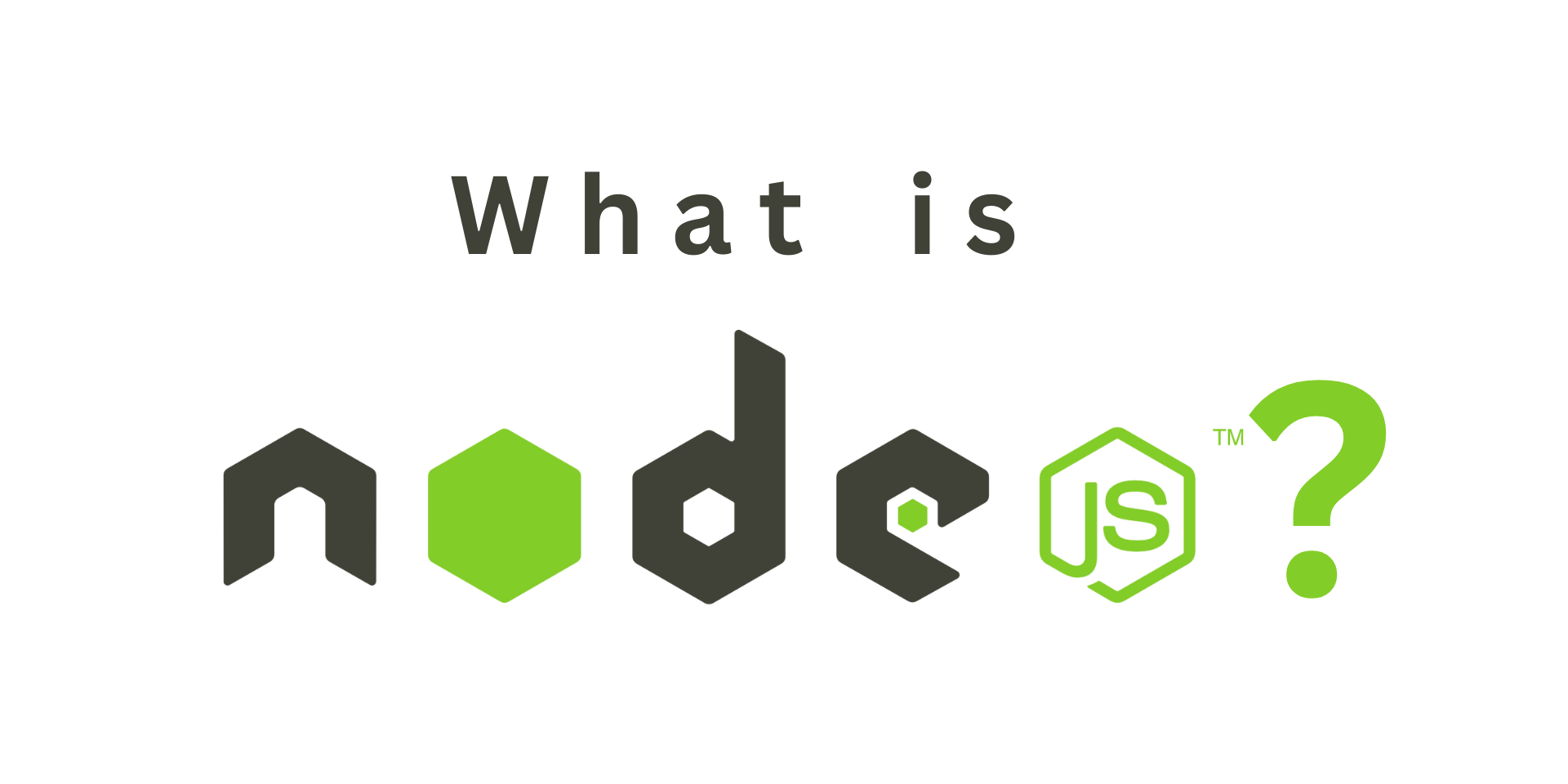Mastering the Fundamentals: A Comprehensive Guide to Learning C++
C++ is a powerful and versatile programming language that has stood the test of time. It is widely used in various domains, including game development, system programming, and high-performance computing. If you are looking to expand your programming skills or embark on a career in software development, learning C++ is an excellent choice.

Mastering the Fundamentals: A Comprehensive Guide to Learning C++
C++ is a powerful and versatile programming language that has stood the test of time. It is widely used in various domains, including game development, system programming, and high-performance computing. If you are looking to expand your programming skills or embark on a career in software development, learning C++ is an excellent choice.
In this article, we will provide you with a comprehensive guide to learning C++. We will cover the basics, dive into advanced concepts, and offer valuable resources to help you on your journey to becoming a proficient C++ programmer.
1. Understanding the Basics:
Before diving into the intricacies of C++, it is essential to grasp the fundamental concepts. Start by understanding the syntax, data types, variables, and control structures. Familiarize yourself with concepts like loops, conditionals, and functions. Building a strong foundation in these basics will set you up for success as you progress.
2. Object-Oriented Programming (OOP):
C++ is an object-oriented programming language, which means it supports the principles of encapsulation, inheritance, and polymorphism. Dive into the world of classes, objects, and inheritance. Learn how to create reusable code by leveraging the power of OOP. Understanding these concepts will enable you to write modular and maintainable code.
3. Memory Management:
C++ provides manual memory management, which gives you control over how memory is allocated and deallocated. Learn about dynamic memory allocation, pointers, and memory leaks. Understanding memory management is crucial to avoid common pitfalls and write efficient code.
4. Standard Template Library (STL):
The STL is a powerful library that provides a collection of generic algorithms and data structures. Familiarize yourself with containers like vectors, lists, and maps, and learn how to use algorithms like sorting and searching. The STL is a valuable resource that can significantly simplify your code and improve productivity.
5. Advanced Concepts:
Once you have a solid understanding of the basics, explore more advanced topics in C++. Dive into topics like templates, exception handling, multithreading, and file handling. These concepts will allow you to write more robust and efficient code.
6. Practice, Practice, Practice:
Learning C++ requires hands-on practice. Solve coding challenges, work on small projects, and participate in coding competitions. Practice will help reinforce your understanding of the language and improve your problem-solving skills.
7. Resources for Learning C++:
There are numerous resources available to help you learn C++. Online tutorials, books, and video courses can provide structured learning paths. Some popular resources include "The C++ Programming Language" by Bjarne Stroustrup, the creator of C++, and online platforms like Codecademy, Coursera, and Udemy.
Learning C++ is a rewarding journey that opens up a world of possibilities in the field of software development. By mastering the fundamentals, understanding object-oriented programming, memory management, and exploring advanced concepts, you can become a proficient C++ programmer.
Remember, practice is key. Embrace coding challenges, work on projects, and continuously expand your knowledge. With dedication and perseverance, you can unlock the full potential of C++ and embark on a successful programming career.
























